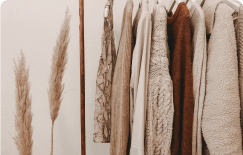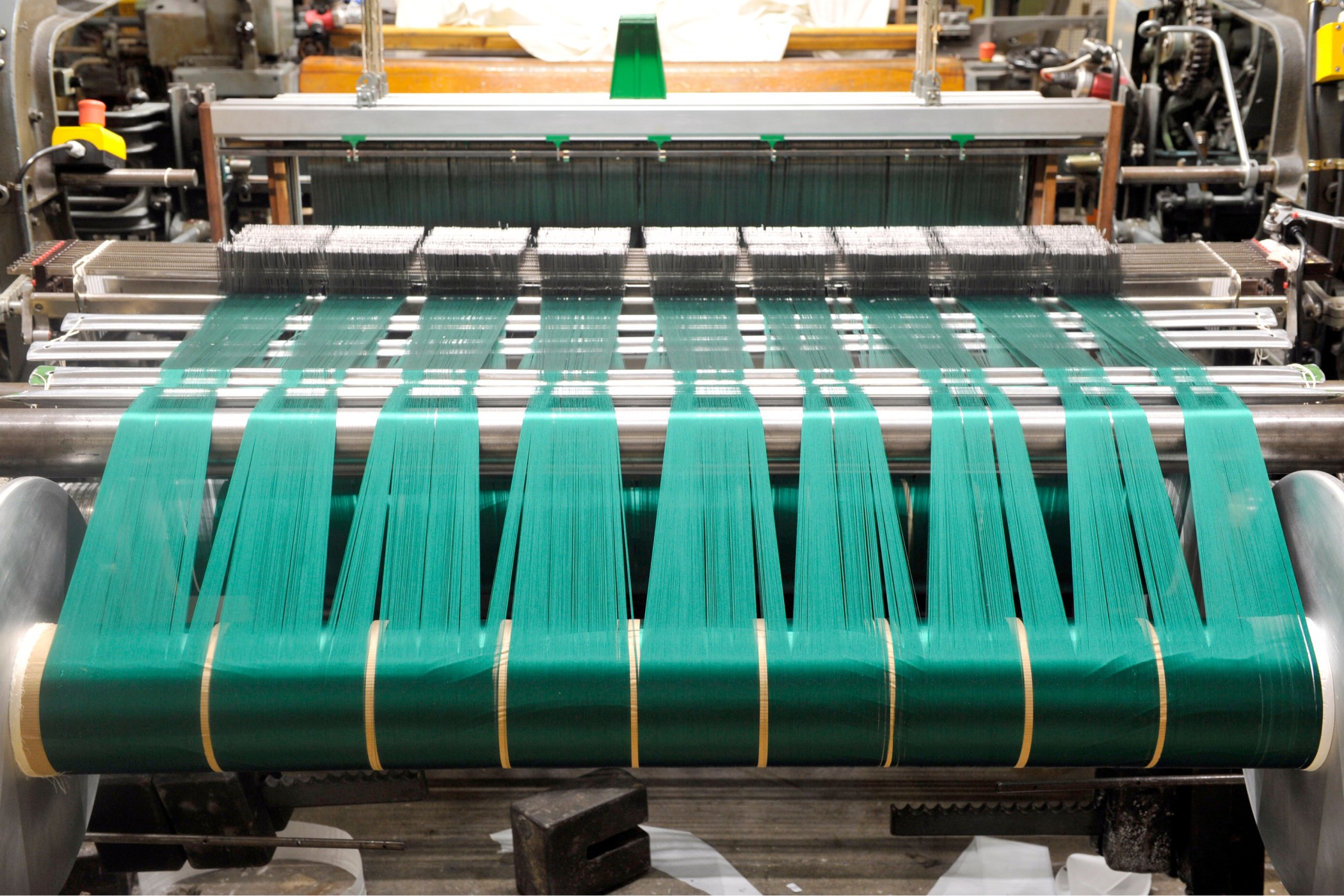A Guide to Garment Label Requirements in The United States

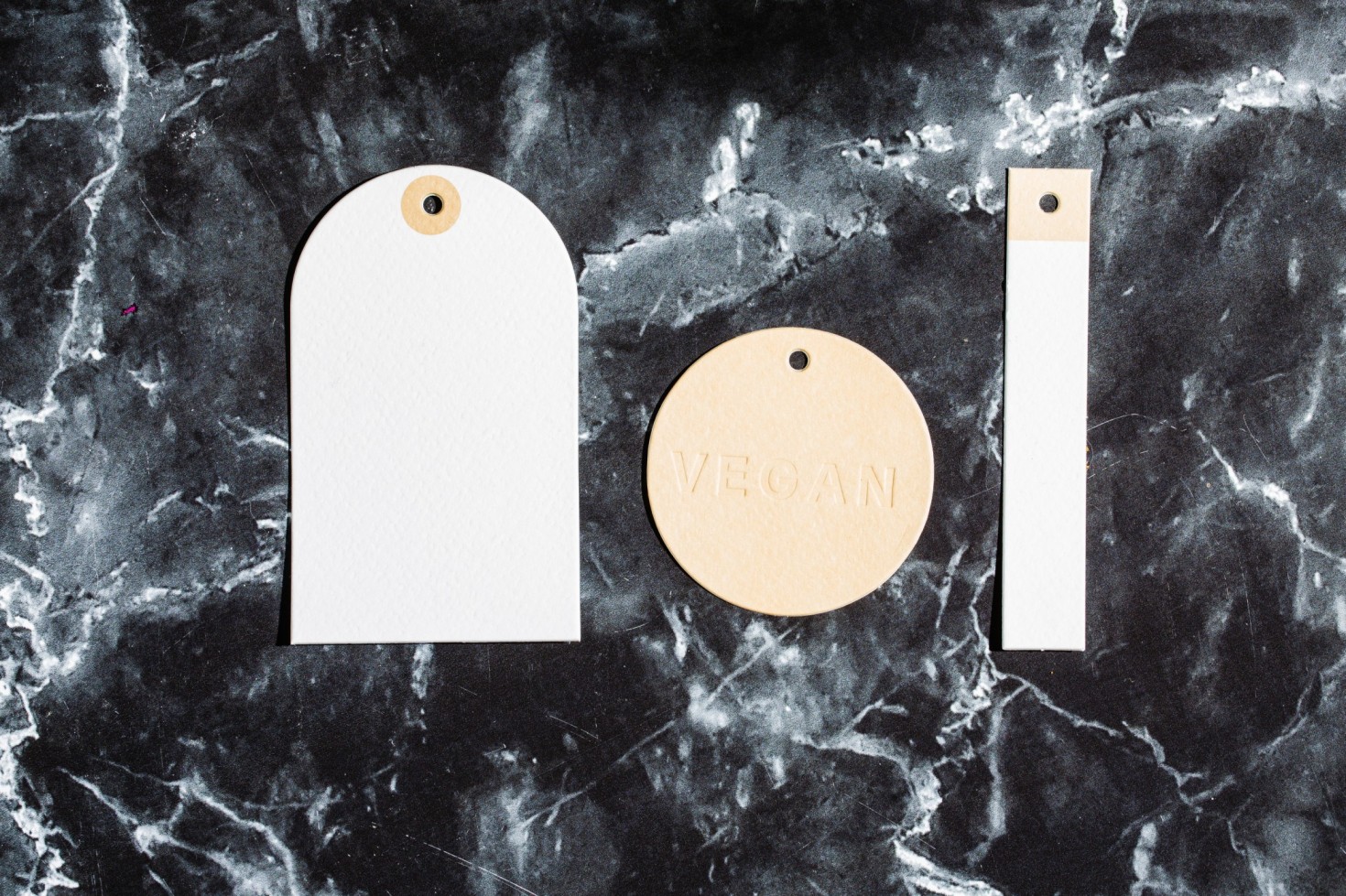

Introduction
Clothing is an essential thing in everyone's life. Different types of clothes have different patterns, stitching and sewing methods, etc., which frames the design adequately. Custom Clothing Tags are also one thing that everyone must consider while preparing a form of clothing. Clothing tags should always be customized, without which it becomes a problem. It should be done in a manner which contains all the basic information about the cloth.
Labeling as an essential work
The label gives some information about the outfit and acts as a small guide about the clothes or anything that has it. Hence, labeling is critical work that otherwise causes problems. It is because if a person does not have information about the tags, they cannot use and maintain the cloth properly. Hence, information is needed for which labeling is required.
The clothing label is not the whole thing but a part of an essential thing.
The Custom Clothing Tags in most scenarios are not considered very important. But it is not completely important but essential to some extent. It will contain all the necessary information related to the cloth. All information such as kind of clothing, material type, size, price sometimes, how it should be washed, etc., will be available on the label based on which a person can understand the cloth. Hence, it is not fully important, but it is crucial.
Custom Clothing Tags not just contain the brand name but also all kinds of essential information; hence they should be prepared in the manner prescribed by certain agencies or international organizations. Such international organizations, such as international organizations for standardization, certain consumer courts, etc., have specific forms and formats to be followed while preparing cloth labels. Hence, it becomes a necessary part of the cloth preparation.
The regulatory body governing clothing labels in the US
In the USA, the bodies govern Custom Clothing Tags FTC and customs and borders protection. They oversee the works and see that all the labelings are made following their regulations. The administration of rules related to labeling is done by the FTC and CBP controls. They check the clothes imported to the USA from other countries. Hence, these two bodies together do the work. They regulate the labeling work and check that the labels are according to their regulations. If the rules are not followed, they appropriately penalize those responsible.
Labeling regulations imposed in the USA by the concerned authorities
Both CBP and FTC work together and provide specific requirements to be fulfilled in the textile industry to accept the textiles manufactured. It is applied to both domestic as well as foreign imported fabrics. These are specific regulations that have to be followed in custom clothing tags:
- Fabric composition: According to the Textile and Wool Acts, all fiber contents should be mentioned. Without this information, the clothes cannot be accepted. The fibers must be mentioned according to their percentage used in manufacturing in descending order. The non-fibers are not required to be listed. Additionally, the ornamentals such as belts, etc., do not require this as they do not have much percentage of clothing in themselves.
- Place of origin and manufacture: It is necessary to mention the origin country of the brand and the country of origin of the cloth in the custom clothing tags, as it gives the details about the place from where the fabric has been imported. Also, made in the nation must be mentioned if both the fibers sourced and manufacturing is done in the same city.
- Wash and care methods: This is another thing compulsorily to be mentioned. Not all clothes have to be treated the same. So the type of care and the kind of washing procedure to be followed has to be mentioned in custom clothing tags, which may otherwise create problems. For example, if a cloth should be dry cleaned, that must be noted, which otherwise makes problems related to using the cloth. Hence, this is necessary to be mentioned in the labels that are used.
- Manufacturers identification: Every brand must have its registered identification number, which must be strictly used in the custom clothing tags so that anyone who wants to know about the brand can easily access it. Anyone can learn about the product and its material along with its clothing.
- Labels placement to be explicitly done: After mentioning everything, the labels must be appropriately placed. Tags should be attached to the cloth so that there shall be no loss of titles until it reaches the customer. This is one of the necessary things that the custom clothing tags must be attached properly without creating any problem.
Specific points must be mentioned in any clothing product that there shall be no other confusion.
Who is covered under these labeling requirements?
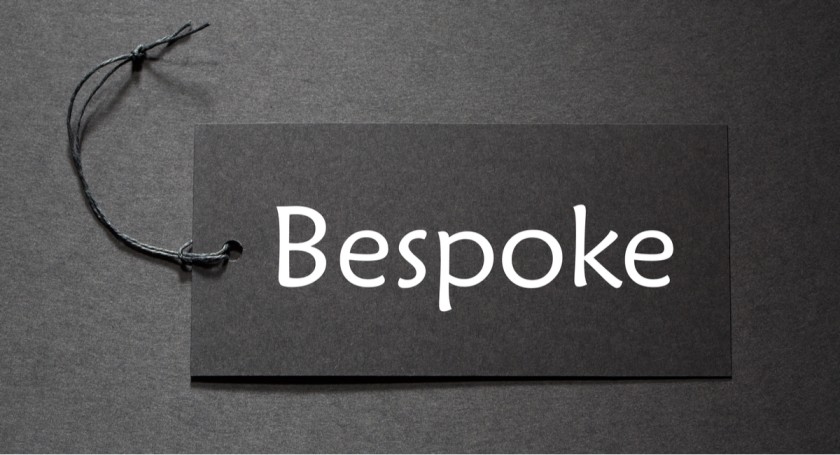
These labeling requirements cover almost everyone. Those who import, export, sell, etc., must ensure that the clothing has proper labelings covering all the essential things. If they fail to check or include them in custom clothing tags, it causes serious problems.
Things covered under this act include all the clothing, scarfs, diapers, etc., which are necessarily used for wearing. Items such as belts, etc. which are used for ornaments are not covered under this act. There is no requirement in their hand to mention these things in the labels, or they have no obligation to use them as the labels.
Two categories of material are covered.
Basically, under this act, two kinds of materials are covered. One is fiber, and the second one is wool. Fiber things that are covered include clothing, pillow, pillow covers, diapers etc., which use fiber as the main ingredient. On the other hand, items such as sweaters wholly made of wool are also covered under these regulations. Fiber and wool products might be those products that have less percentage of yarn or fiber in it. But they are covered under this act.
The exception to the requirement
There are certain exceptions to the rule that it cannot be applied like that only. The exceptions mentioned in the act are:
- Trimming where various forms of material and different kinds of fibers are used, such as belts, elastic threads, etc. Trimming includes other things such as embroidery, etc., which is wholly considered ornamental work.
- Ornamentation where there is proper visibility of designs to be considered and balls of yarns are used. There is also an exception to the rule in such cases, and one can get rid of using labels for the same.
- For lining, interlining, padding, etc., there is no obligation to use labels.
The act itself considers all these things, and the rules provide all kinds of basic things necessary for a person to include in the custom clothing tags, and these are certain exempted things.
Labels: as necessary things
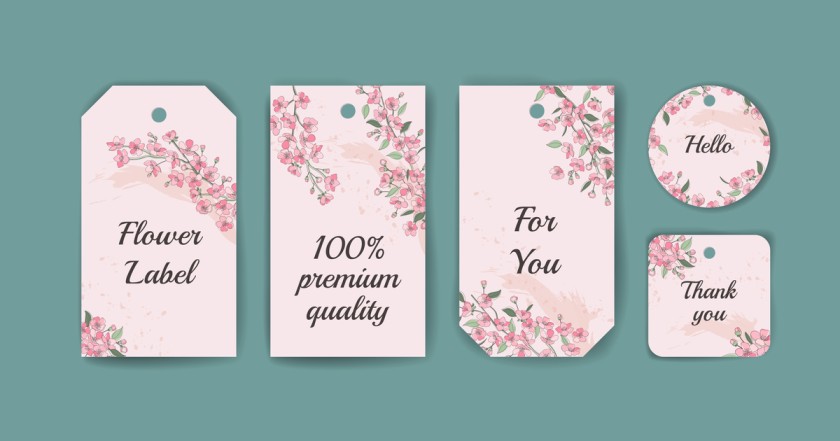
Everything nowadays comes with a guide so that no confusion will be created related to the same. So, if there are no proper custom clothing tags given without proper instructions, it becomes difficult for a person to use and care for the cloth. To avoid such problems, labels are placed.
Conclusion.
This FTC act covers all the main concepts related to labeling. Labeling is one of the essential things to be considered in clothing works as a small guide which gives everything about the clothes. Hence, being the important thing, it must include everything needed. Also, if anything is missing, the clothing brand or manufacturer is obligated to answer the customers. This act even carries a fine as punishment in serious cases, which causes serious damage to clothes in certain cases where there is no proper information given in custom clothing tags. For more information on custom clothing tags and fashion-related inquiries, you can visit Fashinza today!
















